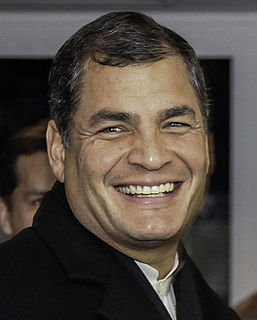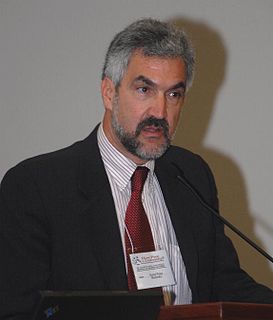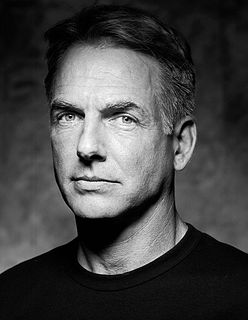A Quote by Leon Trotsky
With all due respect to all philistines, the dictatorship of the proletariat does just consist in "giving a hiding" to the classes that were previously supreme, before forcing them to recognize the new order and to submit to it.
Related Quotes
What I did that was new was to prove that the existence of classes is only bound up with particular, historical phases in the development of production; that the class struggle necessarily leads to the dictatorship of the proletariat; and that dictatorship itself only constitutes the transition to the abolition of all classes and to a classless society.
A Marxist begins with his prime truth that all evils are caused by the exploitation of the proletariat by the capitalists. From this he logically proceeds to the revolution to end capitalism, then into the third stage of reorganization into a new social order of the dictatorship of the proletariat, and finally the last stage -- the political paradise of communism.
The opening of a foreign trade, by making them acquainted with new objects, or tempting them by the easier acquisition of things which they had not previously thought attainable, sometimes works a sort of industrial revolution in a country whose resources were previously undeveloped for want of energy and ambition in the people: inducing those who were satisfied with scanty comforts and little work, to work harder for the gratification of their new tastes, and even to save, and accumulate capital, for the still more complete satisfaction of those tastes at a future time.










































